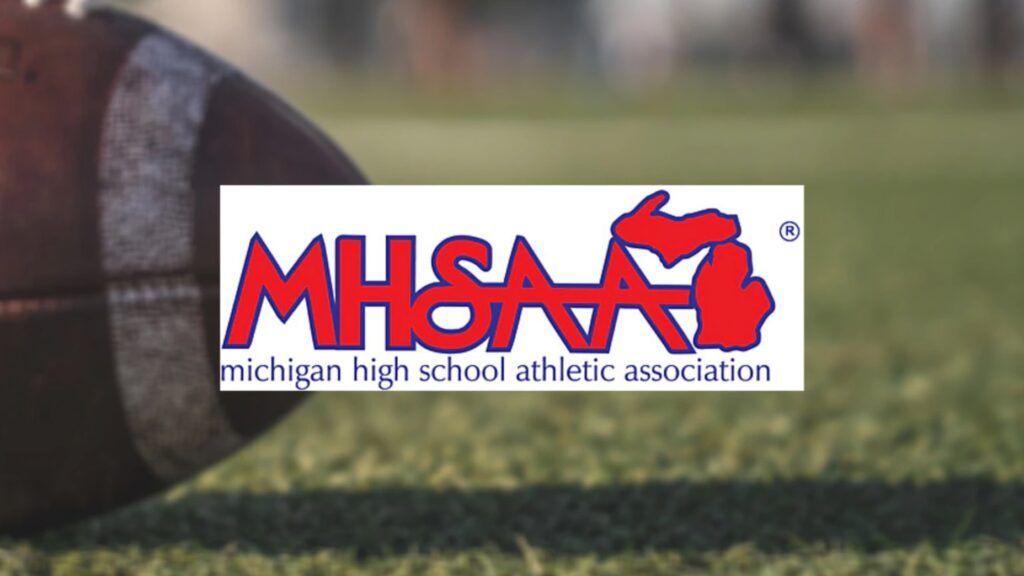MHSAA Council Reaffirms Winter Sports to be Played when Allowed by MDHHS

EAST LANSING, Mich. – Jan. 27 – The Representative Council of the Michigan High School Athletic Association reaffirmed its commitment today to play Winter sports when current restrictions are lifted by the Michigan Department of Health and Human Services (MDHHS).
Winter contact sports – girls and boys basketball, competitive cheer, ice hockey and wrestling – are allowed presently to participate in non-contact activities only, per an MDHHS emergency order restricting contact activity and competition due to COVID-19.
Non-contact Winter sports – girls and boys bowling, girls gymnastics, girls and boys alpine skiing and girls and boys swimming & diving – are able to participate in those activities fully.
The MDHHS limitations on Winter contact sports were set to expire at the end of January, but were extended last week by MDHHS through Feb. 21.
“Each week, we see hundreds of examples of children and families competing in non-school competition, both in-state and out-of-state,” Uyl said. “This not only is in violation of current MDHHS orders, but sending all of these families into different states will only become an impediment to getting students back in school fulltime.
“But we can contribute to students returning to in-person learning by allowing MHSAA member schools to begin full activities, participating locally and against more local competition, and under the guidance of trained, professional educators.”
This past weekend the MHSAA concluded its remaining Fall tournaments with 11-Player Football Finals. Earlier this month, Girls Volleyball, Lower Peninsula Girls Swimming & Diving and 8-Player Football Finals were competed to conclude those seasons. All four were allowed to complete their seasons because those teams took part in the MDHHS rapid testing pilot program.
Results of that program were overwhelmingly positive. A total of 5,376 individuals (athletes, coaches, team personnel, cheerleaders, etc.) were tested, and 57 – or 1 percent – tested positive at some point in the pilot. Nearly 30,000 rapid antigen tests were administered – and 99.8 percent were negative. (All four data points were through Jan. 19 and provided to the MHSAA by the MDHHS.)
